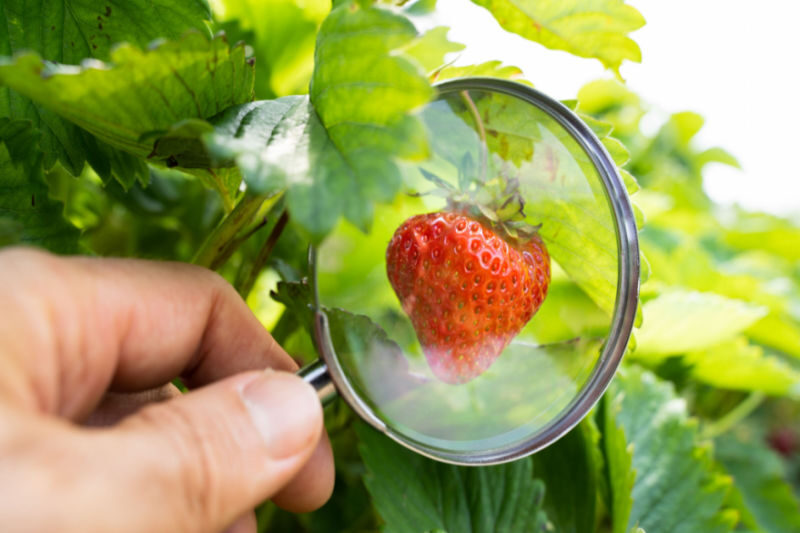Food fraud belief

Image: Shutterstock/Andrey_Popov
The Ukraine-Russia crisis took another turn this weekend that could have potentially significant implications for food supply chains. Together Russia and Ukraine account for nearly a third of global wheat exports, 19% of exported corn and 80% of exports of sunflower oil, the third most traded vegetable oil internationally.
Manufacturers could be at growing risk of food fraud if they do not take the correct precautions when selecting new suppliers, according to global assurance partner, LRQA.
Food fraud is estimated to cost $30 to $40 billion every year to the global food industry. According to EFSA, food fraud has been rising in the EU since 2016 with a 20% increase of reported incidences in 2020. Yet another escalation of the war in Ukraine and rising food prices may be about to make the problem a lot worse.
Import substitution is a solution for many food suppliers. Increased replacement of certain food groups could emerge once more. Supply shocks and shortages could lead to risks such as the mislabelling of food products, contamination and food fraud the sector believes it is addressing.
So, LRQA is right to put forward that factory audits and supply chain assessments to preserve food safety must remain.
Questions will need to be asked at a time although there are many pressing matters. At its most simplest, companies can monitor vulnerabilities; at the more complex end, assessment is called for to establish what new problems are occurring as well as a plan and schedule for a prevention strategy.
Regardless of the method used, it is crucial for a successful food defence system.
The impacts of the conflict are far-reaching and widespread. Consumers are already feeling the pinch and read (and hear) a lot about profiteering from high prices. Food and beverage companies will only suffer if food fraud does not receive the full attention it warrants to enhance trust in food safety and quality.
- Rodney Jack, editor, Food & Drink Technology.
Keep in touch via email: rodney@bellpublishing.com Twitter: @foodanddrinktec or LinkedIn: Food & Drink Technology magazine.



